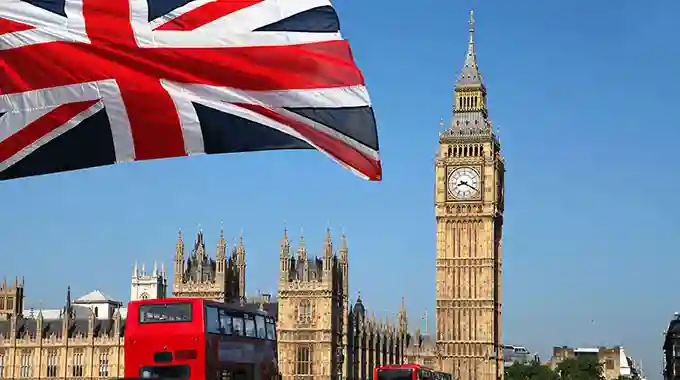Some Zimbabwean single mothers based in the United Kingdom who have been struggling to secure visas for their children to join them abroad were dealt another blow after the UK Government introduced tough immigration laws.
Last week, the British Home Office announced new measures that will make it difficult for Zimbabweans working there to bring along their families.
The UK’s Home Secretary (Minister of Home Affairs), James Cleverly announced plans that will result in the country’s care firms being regulated on visa sponsorship.
Cleverly told parliamentarians that the plan is meant to end the “abuse of health and care visa” as well as stop overseas workers from bringing family dependants.
The minimum salary threshold for foreign skilled workers will be raised to £38 700 (US$ 48 800), from its current level of £26 200 (US$ 33 000).
NewsDay reported that even before the new visa regime, single mothers, particularly those who went to the UK on the Tier 2 Healthcare visa, faced challenges in their efforts to bring or go with children.
Women of Zimbabwe (WoZ) says it was recently approached by 12 women to raise their plight with the relevant UK authorities.
WoZ representative and UK-based political and human rights activist, Patricia Chinyoka, told NewsDay that it is even more difficult for women whose children bear the surname of their absent fathers as a consent form is required from them. She said:
We were approached by 12 women who wanted us to raise their plight with the relevant UK authorities.
The majority of them are afraid to speak out and share their stories as they fear reprisals from the Home Office, even under anonymity.
Some of the parents have approached Members of Parliament in their respective regions but this has been ineffective.
On refusal of the children’s dependants’ visas, the Home Office has offered most applicants the option for “administrative review”.
This has proven very costly as legal advice is costing a minimum of £1 000 (US$1 259.70) for consultation alone.
In addition, the parents must pay legal advice in the countries of origin.
It is proving an expensive and unaffordable process, in the UK, they have bills to pay as well.
Some of the affected women are broken emotionally.
A single mother of three (name withheld) told NewsDay that her two-year-old daughter was granted a visa as she carried her surname. She said:
However, the boys were denied visas by the Home Office on the basis that there was no compelling evidence despite submitting a sole responsibility document and affidavit.
The father does not live with nor support the children. Currently, the children are living with their elderly grandmother who has a poor health condition.
Another single mother with two children from different fathers also shared her story. The children’s visa applications were declined on two occasions. She said:
I intend to apply for the third time despite having spent a lot of money on legal and visa application fees.
A Zimbabwean lawyer based in Norwich who preferred anonymity said:
It does not matter even if you are divorced. If the child’s birth certificate has the names of both parents, confirmation is required from the other.
The UK Home Office also wants to know why you want to deprive the other parent of access to children by taking them to the UK.
According to UK authorities, about 20 152 health and care worker visas were granted to Zimbabweans in the year ending June 2023.
Between 2019 and September 2022, the number of Zimbabweans granted work visas to work in the UK went up 1 576% from 499 to 8 363 applicants.
Zimbabwe’s unending economic challenges are pushing millions of its citizens abroad where some are being exploited.
More: Pindula News

